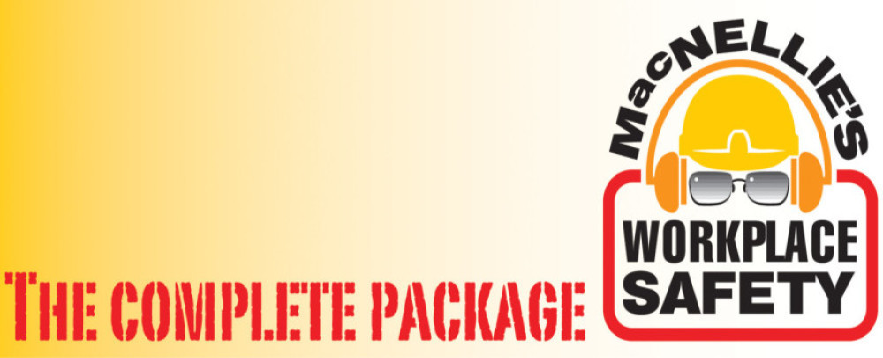Date/Time
Date(s) - 20/04/2016
8:30 am - 4:00 pm
Location
delete
Category(ies)
Course Overview
This unit of competency describes the specific skills an knowledge required for the operation of a powered industrial truck equipped with a mast and an elevating load carriage to which is attached a pair of fork arms or other attachment, for licensing purposes. This definition also includes a truck on which the operator is raised with the attachment for order-picking. This unit of competency includes: plan the work, conduct routine checks, shit the load and shut down and secure the forklift truck. This unit is based on the National Standard for Licensing Persons Performing High Risk Work.
Course Specifics
Duration:
Theory Training: 1 Day
Log Book : 40 hours (Nominal)
Practical Assessment: 3 hours- Booking date must be made 7 days prior to assessment.
Assessment Details:
- Theory Exam
- Practical Observation
- Log Book
- Oral Questioning
Certificate:
Statement of Attainment
Licence to Operate a Forklift Truck TLILIC2001A
You will then need to submit an application to Australia Post in person within 60 days of successfully completing the practical assessment before performing work.
Course Topics
- Methodology of determining the weight of a load
- Commonwealth, state or territory OH&S legislation, standards relevant to the safe operation for the forklift trucks
- Forklift characteristics and capabilities (including use of load data plates)
- The hierarchy of hazard identification and control
- Organisational and workplace standards, requirements, policies and procedures for conducting operations for the crane class
- Procedures for the recording, reporting and maintenance of workplace records and information
- Forklift truck operations and safe operating techniques
- Typical routine problems encountered in the operation of the crane and equipment and adjustments required for correction
- Interpret information relating to conducting forklift
- Identify hazards associated with the operation of the forklift truck, assess risks and put into place effective hazard prevention/control measures for those hazards identified
